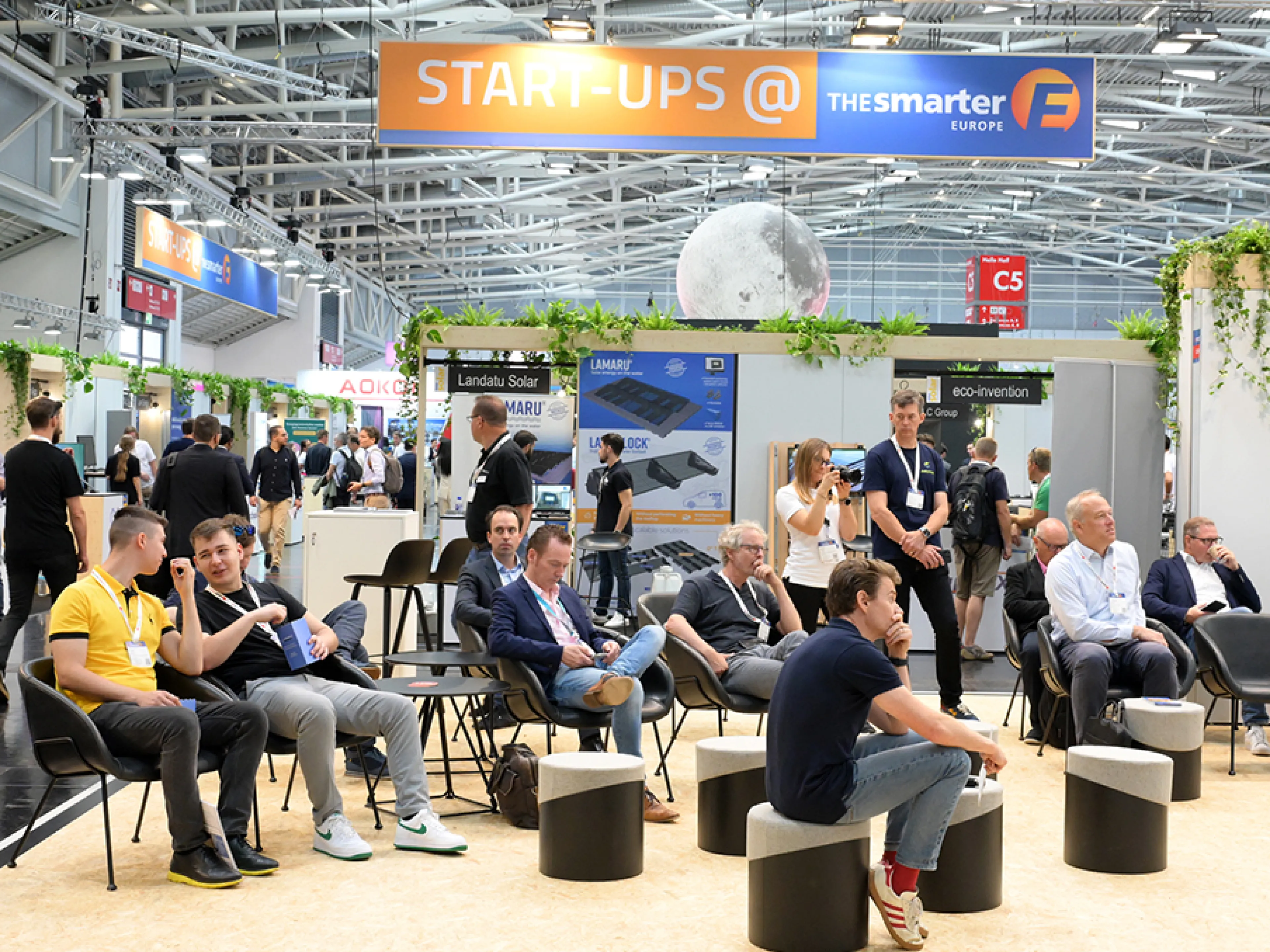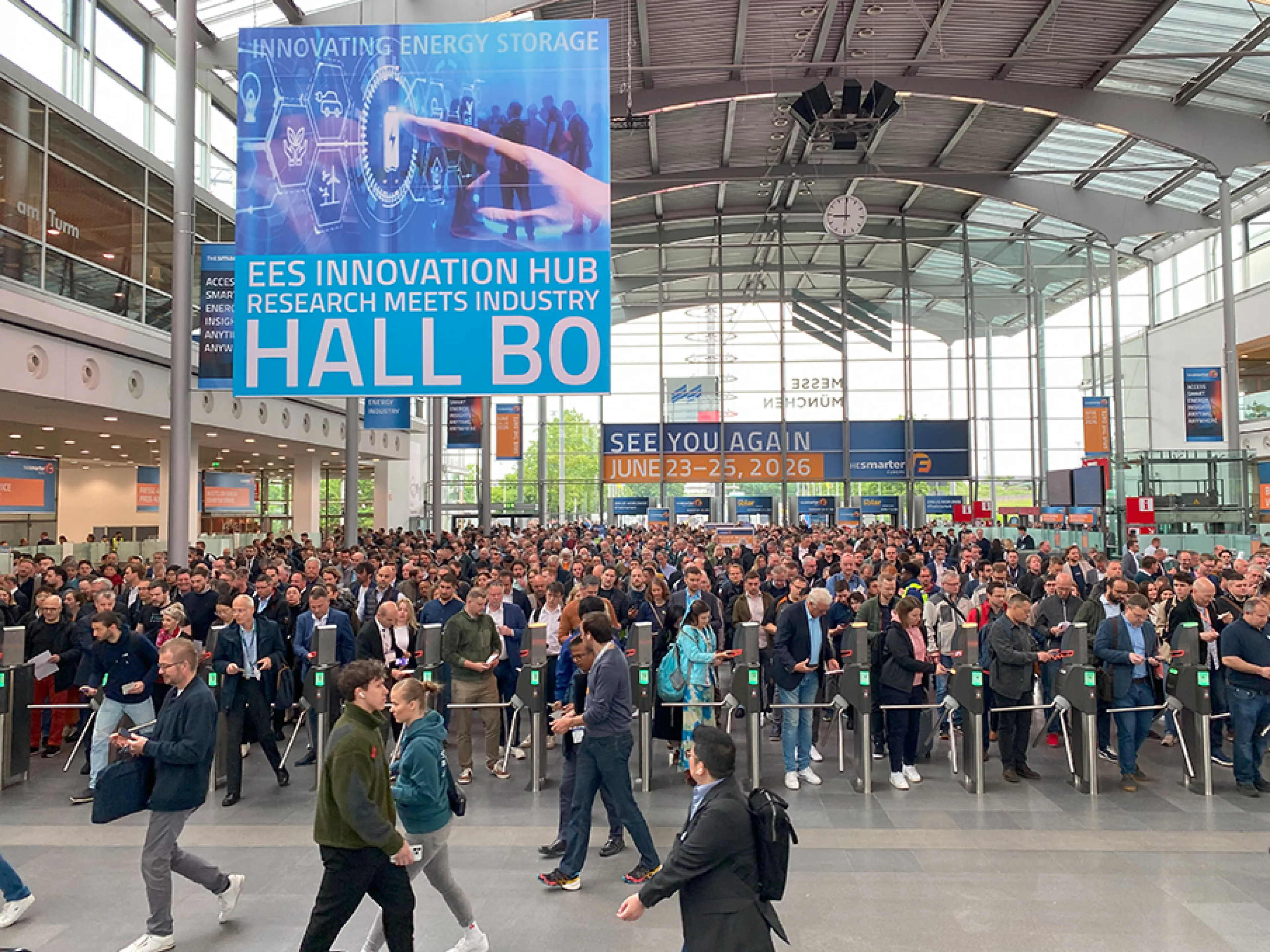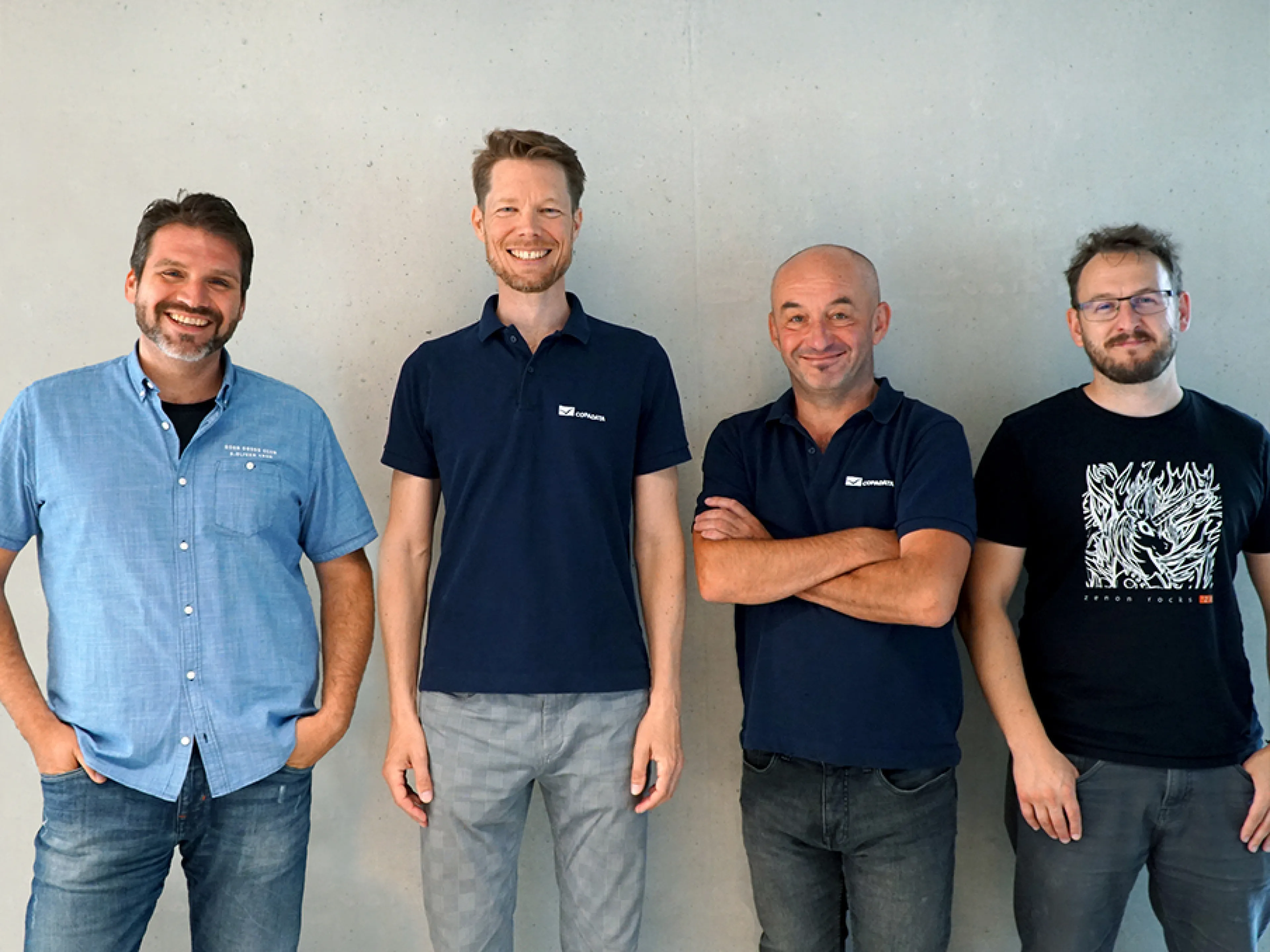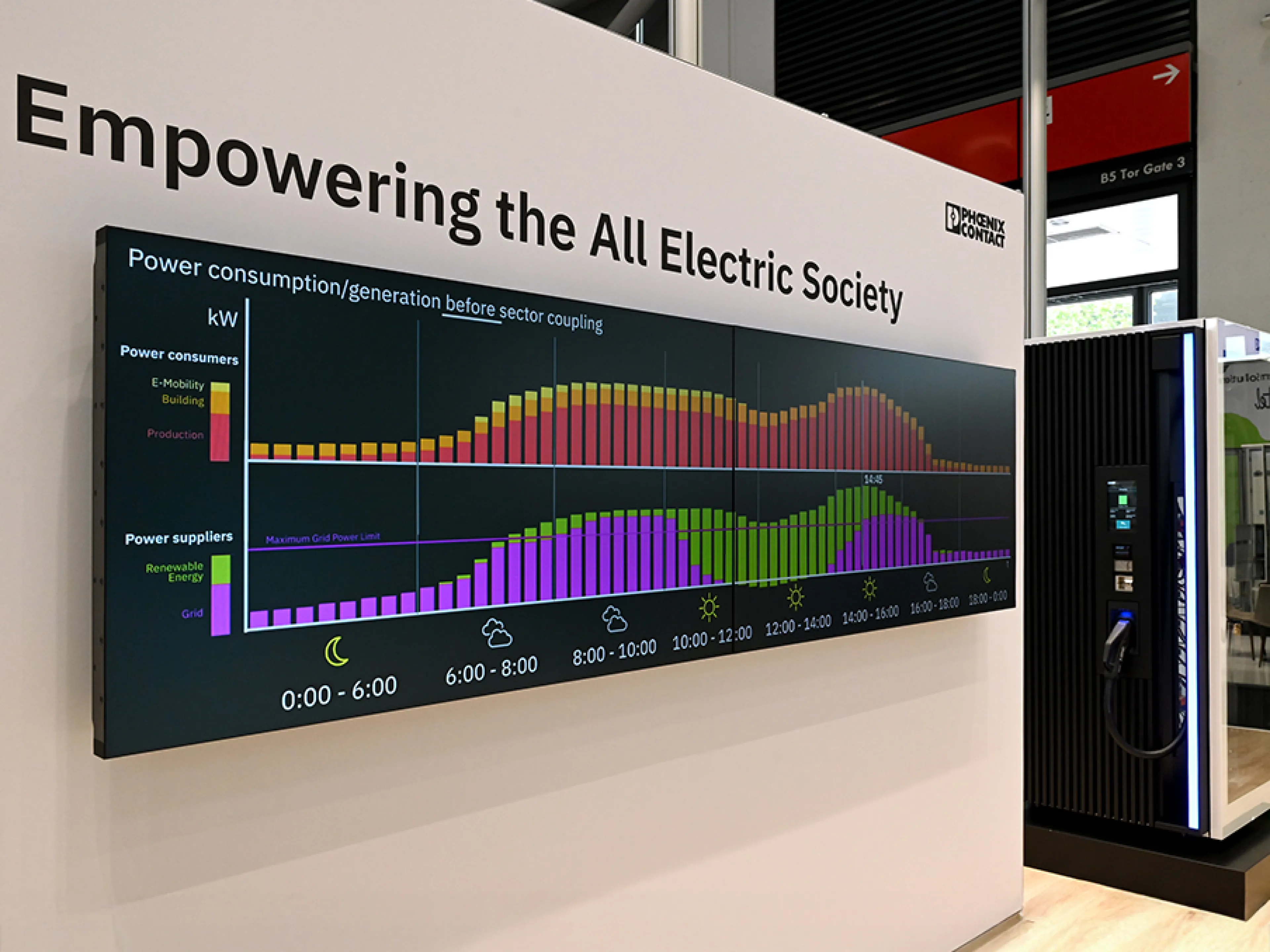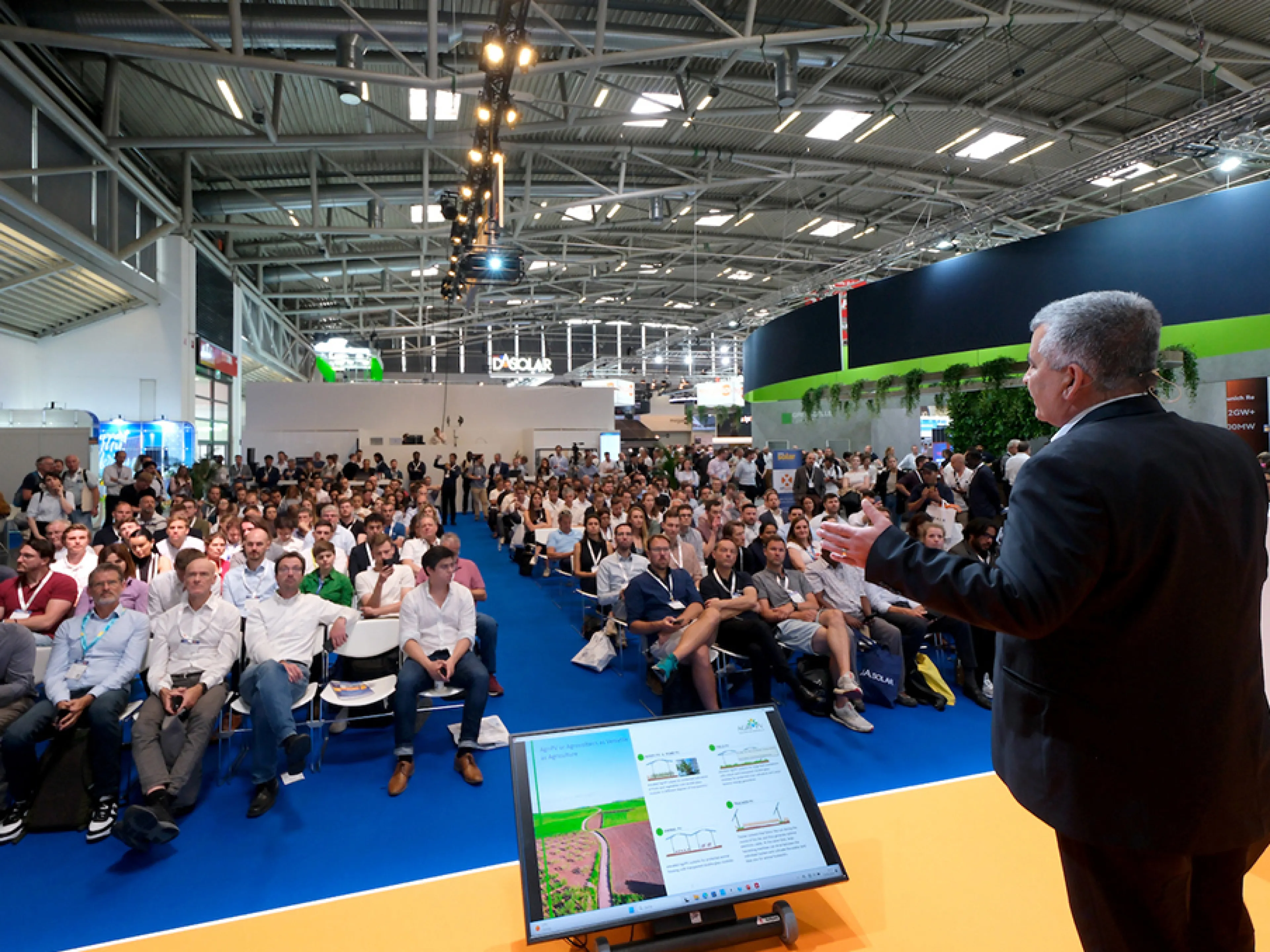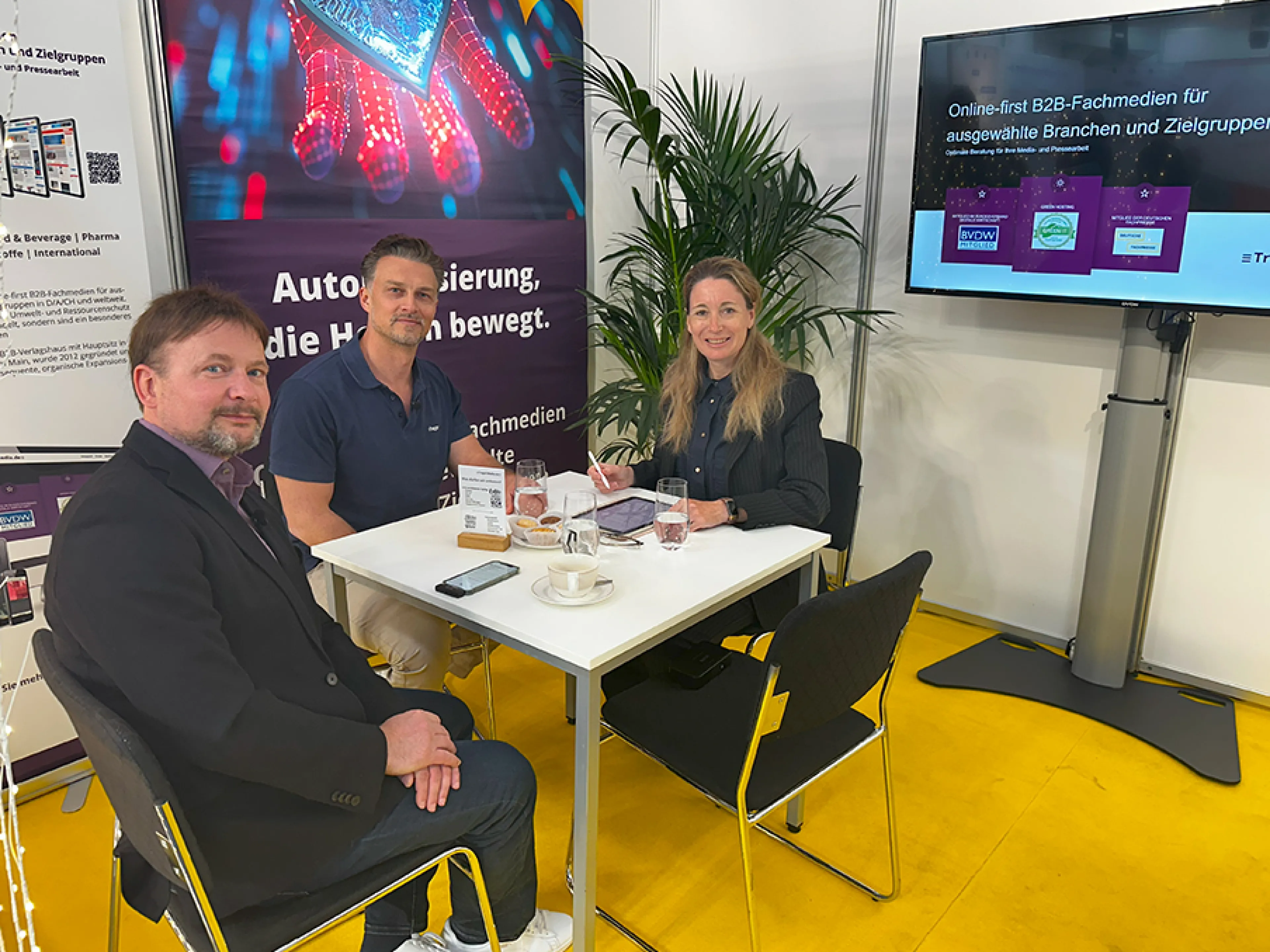
At EM-Power Europe 2025, leading minds in the energy industry will discuss the role of self-learning algorithms in distribution grid control. The exhibition for energy management and integrated energy solutions will take place alongside Intersolar Europe, ees Europe and Power2Drive Europe from May 7–9, 2025, as part of The smarter E Europe in Munich. The EM-Power Europe Conference on May 6 and 7, 2025, will focus on new technologies such as disruptive AI and Gen-AI, digital twins and 5G. It will highlight their concrete implementation in practice.
Electricity in Germany is becoming increasingly green, and its generation is becoming more decentralized and volatile. In addition, electricity demand will rise rapidly and sharply in the coming years and decades: The German government has set a target of 400 gigawatts of generation capacity from photovoltaics and 230 gigawatts from wind power by 2045. By then, electricity demand is expected to at least double, not least due to the 40 million electric vehicles that the German Renewable Energy Federation predicts will be on Germany's roads by then. As a result of the EU's climate targets, major increases in both generation and demand are also expected in the other member states. This will pose major challenges for the operators of distribution networks. Artificial intelligence (AI) will be an important technology for managing the increasingly complex load flows in the networks and for optimizing them.
Even today, load flows in distribution grids are complex and multidimensional. This is where AI comes into play as a game changer. It can take on several tasks in tomorrow's distribution grid. A central element here is the calculation of load flows in the grids and their sub-areas. These result from current measured values from transformer stations, consumers and producers and external data such as forecasts based on weather forecasts for the generation capacities of PV and wind power plants. This means that AI can be used for grid stability planning and fault detection. It also enables time-series-based grid planning. It can therefore show where grid expansions are necessary. With the appropriate intervention options, the intelligent systems can also control generation and consumption via automated processes, thus cushioning load peaks or preventing a possible overvoltage in a network strand from affecting the next voltage level by switching operations in local network transformers. And because AI-based software independently learns from past events and mistakes, it will be able to intervene better and better before grid bottlenecks occur, based on increasingly sophisticated forecasts.
Investment in infrastructure
But before data can be analyzed and processed, it must first be collected. The prerequisite for the use of AI-supported systems is therefore a powerful and comprehensive measurement and control infrastructure. This is not yet sufficiently available in most distribution networks: the European Commission estimates that network operators in the EU will have to invest at least €170 billion in the digitization and intelligence of networks by 2030.
Germany is researching smart applications and solutions
At the same time, grid operators must work with the scientific community to develop smart applications and solutions. Work is being done on this all over the country. For example, the Überlinger Stadtwerk am See, together with the University of Applied Sciences (HTWG) in Konstanz, the Fraunhofer Institute for Solar Energy Systems (ISE) and the International Solar Energy Research Center Konstanz, has developed and tested the first prototypes of low-voltage controllers based on AI. And because in the age of the prosumer, the standard load profiles that the electricity industry still uses in its private customer business are increasingly less useful, the Fraunhofer Institute for Energy Economics and Energy System Technology (IEE) is dedicating a research project to this topic. The goal: to use AI-supported processes to generate the necessary database for numerous optimization and forecasting tasks.
In addition, seven German distribution system operators - SW-Kiel Netz, Rhein-Netze, Stadtwerke Bielefeld, Enercity Netz, Energieversorgung Halle Netz, Stadtnetze Münster and Netze Duisburg - have launched an industry initiative. This is intended to take the first steps towards an AI-driven organization. Within the next six months, they plan to develop a generative AI and a specialized AI platform for grid operators, and to implement functioning prototypes for four different use cases.
EM-Power Europe as a meeting place for strategists and pioneers
EM-Power Europe, taking place in Munich from May 7 to 9, 2025, offers its trade visitors a comprehensive overview of the latest applications and solutions for energy and grid management, including fully digital and AI-supported processes. At the leading international exhibition, the EM-Power Europe Conference, the smarter E Forum and the Start-up Area, leading innovators, decision-makers and practitioners will meet to present products, services and business models for integrated energy solutions and stable power grids and to discuss future trends and dynamics.
